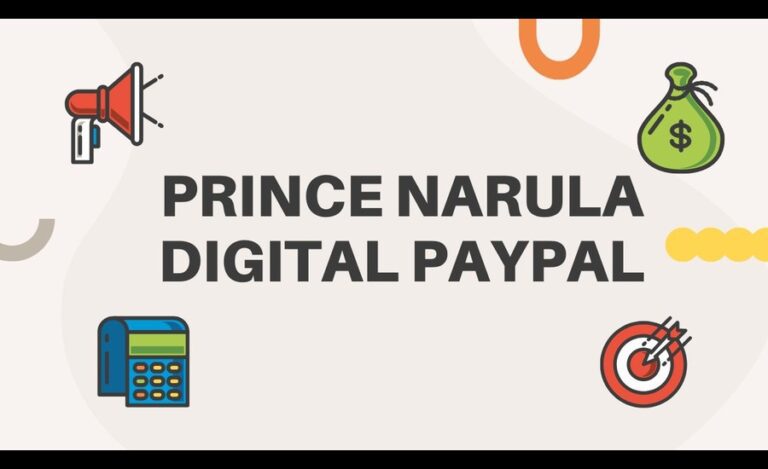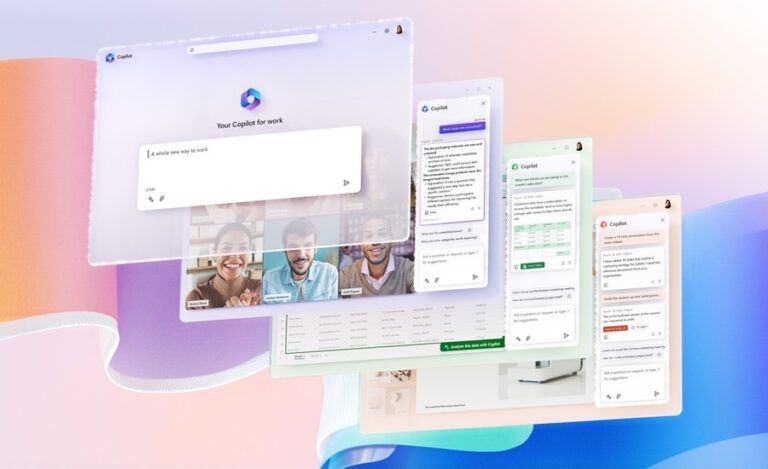Pro Tips for Effective Website Maintenance
Maintaining a website can be a challenge, especially when your business depends on it. Websites are not just digital brochures; they are dynamic platforms that drive engagement, conversions, and revenue. However, many businesses neglect the importance of ongoing upkeep. Without regular website maintenance, performance issues, security vulnerabilities, and outdated content can severely impact your brand’s success.
If you’re worried about these challenges, fear not. In this guide, we’ll walk through expert strategies to keep your website in top condition, ensuring smooth performance, security, and a better user experience.
Let’s explore pro tips that will help you effectively maintain your website, keeping it fast, secure, and updated.
1. Keep Software and Plugins Updated
Imagine opening your website one day and finding it completely broken due to an outdated plugin or software version.
Keeping your website’s core software, plugins, and themes updated is critical for security and performance. Outdated software can leave your site vulnerable to attacks or cause functionality issues. Frequent updates not only fix bugs but also enhance performance, giving your users a smoother experience.
Think about this: a well-maintained website runs faster, stays secure, and even ranks higher in search engines. As a case in point, TrafficOnMedia, a digital marketing agency, improved its clients’ website performance by 30% just by routine updates.
Schedule regular maintenance checks to ensure all software and plugins are up-to-date. This simple habit will save you from major headaches down the road.
2. Monitor Website Security
Cyberattacks are on the rise, and no website is too small to be a target.
Regular security checks are non-negotiable. Website maintenance is more than just keeping the design sleek; it’s about protecting your business and users from threats. Installing security patches, using strong passwords, and implementing SSL certificates all play crucial roles.
Picture this: A website that not only functions smoothly but also guarantees a safe browsing experience for its visitors. Google favors secure websites, and users trust sites with SSL, making this a win-win.
Use security tools like firewalls and regularly monitor your site for vulnerabilities. If you’re unsure where to start, consider working with a service like TrafficOnMedia, which specializes in optimizing website security.
3. Optimize Website Speed and Performance
Did you know that even a 1-second delay in page load time can lead to a 7% reduction in conversions?
Website speed directly affects user experience and SEO. A slow-loading website not only frustrates visitors but also ranks lower on Google. Regular maintenance like image compression, caching, and minimizing code can drastically improve load times.
Fast websites lead to better engagement and higher conversion rates. A study showed that TrafficOnMedia helped a client increase site speed by 40%, which resulted in a 15% boost in sales.
Run performance checks using tools like Google PageSpeed Insights and prioritize speed optimizations during your website maintenance routines.
4. Regularly Back Up Your Website
Imagine losing all your website data overnight due to a server failure or a cyberattack. Scary, right?
Regular backups are your safety net. If anything goes wrong, whether it’s a hack, a server crash, or a human error, a recent backup allows you to restore your website quickly.
Peace of mind comes with knowing that your business won’t be derailed by technical mishaps. Many website owners have learned this the hard way, but you don’t have to. TrafficOnMedia offers automated backup services, ensuring clients always have a recent copy of their site.
Make sure you’re scheduling daily or weekly backups depending on how often your content is updated. Always test the backup to ensure it’s functioning properly.
5. Update Content and SEO Regularly
Outdated content can negatively impact your credibility and SEO rankings.
Website content needs to evolve. From blogs to product pages, keeping your information relevant and fresh is key to retaining your audience and staying competitive. Regular SEO audits ensure your content stays optimized for new keywords and search trends.
Fresh content equals better SEO rankings. For example, when TrafficOnMedia revamped an outdated blog series, the client saw a 20% increase in organic traffic within two months.
Create a content calendar to regularly refresh blog posts, case studies, and other key pages. Ensure you update meta descriptions, tags, and keywords during your website maintenance.
Conclusion
Website maintenance is not just a task; it’s an investment in the longevity and success of your online presence. By keeping your software updated, ensuring security, optimizing speed, maintaining backups, and refreshing content, you’ll guarantee a website that performs seamlessly and stays secure.
Remember, regular website maintenance doesn’t just prevent problems—it opens doors to better performance and growth.





